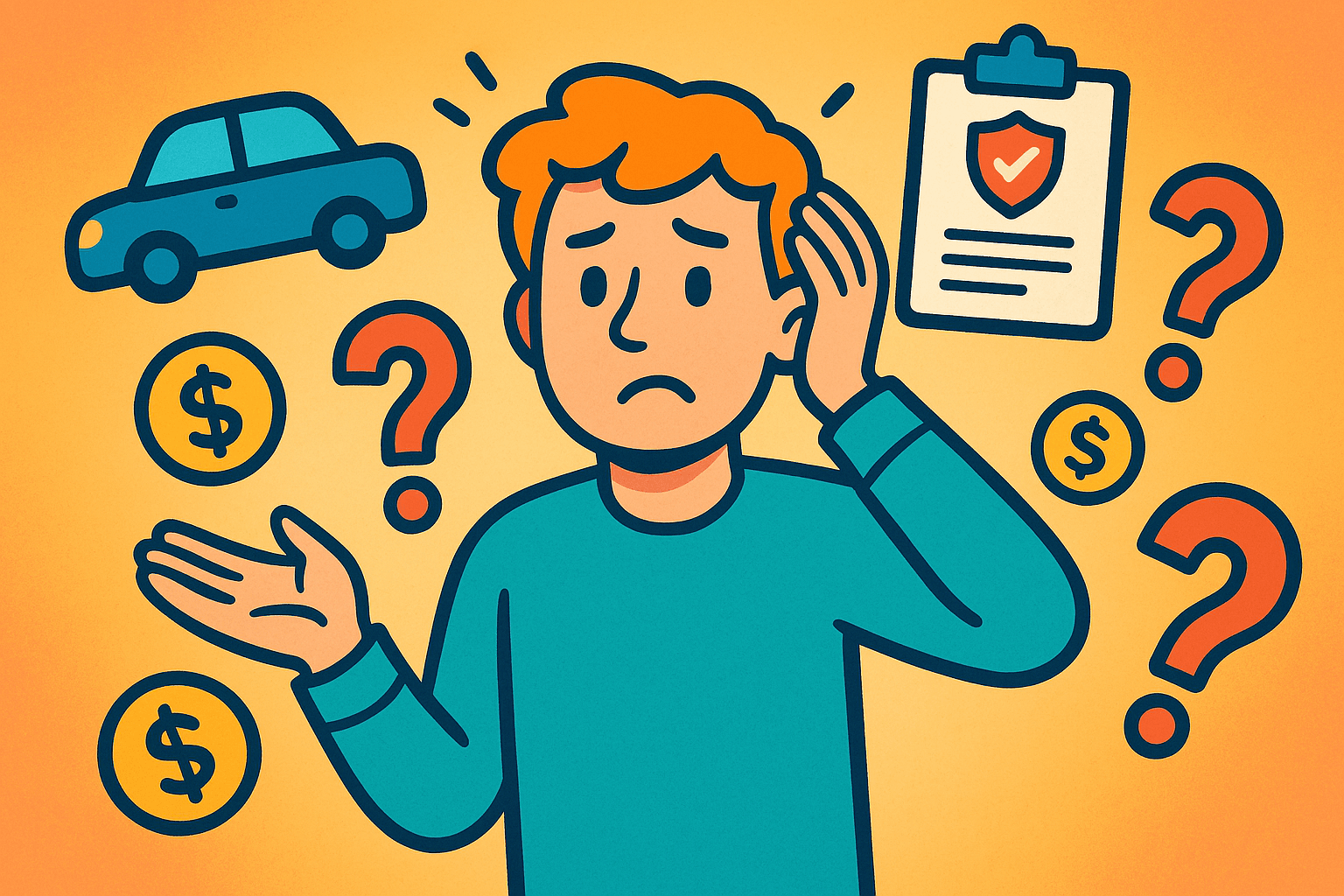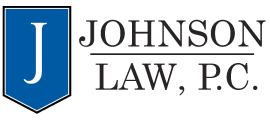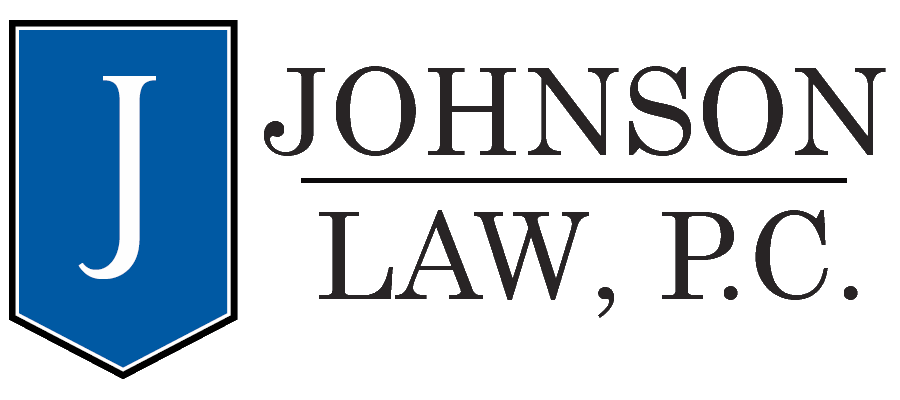Navigating the insurance claim process for the first time can feel daunting. Amid the stress of an accident or unexpected damage, understanding what your insurance covers, how to file a claim, and how to ensure a fair settlement is crucial. This guide breaks down the basics—from key terminology to timelines—so you know what to expect every step of the way.
Insurance Guide Links

What Is an Insurance Claim?
An insurance claim is a formal request made to your insurer for compensation after a covered incident, like a collision, theft, or weather damage. By filing a claim, you’re asking the insurance company to investigate and, if validated, pay out according to your policy terms.
Key Terms to Know:
- Policy: The contract detailing coverage limits, premiums, and responsibilities.
- Deductible: The amount you pay out of pocket before insurance covers the rest.
- Coverage Limits: The maximum amount your insurer will pay for a claim.
- Premium: The recurring fee paid to maintain your coverage.
Real-World Example: From Accident to Settlement
Scenario: You’re backing out of a parking space and lightly tap another car’s bumper, causing minor damage.
Coverage Involved: Collision coverage will likely apply since it covers damage to your own vehicle in a collision and can assist if you’re at fault.
Next Steps: You photograph the damage, exchange insurance details with the other driver, call your insurer, and file a claim. After an adjuster reviews the damage, your insurer provides a settlement to cover repairs, minus your deductible. The entire process may wrap up within a few weeks if no disputes arise.
This example shows how each step—documentation, contacting your insurer, cooperating with the adjuster—plays a role in a typical, low-stress claim scenario. This how it is supposed to work, but insurance companies want to maximize profit. Settlement offers are rarely fair. So if you want a real low-stress claim scenario you should have a car accident attorney handle your case if possible.
Common Types of Car Insurance Coverage
- Liability Coverage:
Covers damages and injuries you cause to others and is required in most places. - Collision Coverage:
Pays for your car’s repairs after a crash, regardless of fault. - Comprehensive Coverage:
Protects against theft, vandalism, and weather-related damage. - Uninsured/Underinsured Motorist Coverage:
Helps if you’re hit by a driver with insufficient or no coverage. - Personal Injury Protection (PIP) or Medical Payments:
Covers medical expenses for you and your passengers, no matter who’s at fault.
Local Variations:
Keep in mind that state and country regulations differ. For example, minimum liability limits and no-fault rules vary widely. Check local requirements or consult your policy’s declarations page for specifics.
Filing an Insurance Claim: A Step-by-Step Guide
- Prioritize Safety:
Ensure everyone’s safe and call emergency services if needed. - Document the Scene:
Take photos of all involved vehicles, the roadway, and any property damage. Collect contact information from other drivers and witnesses. - Notify Your Insurance Company Promptly:
Many insurers have 24/7 claims hotlines or mobile apps. Report the incident as soon as it’s safe to do so. - Work With the Claims Adjuster:
The adjuster will investigate, review evidence, and may request additional info. Stay responsive and organized, keeping notes of calls and emails. - Review the Settlement Offer:
Once your claim is processed, you’ll receive a settlement offer. Compare it to repair estimates or medical bills. If it seems low, ask for clarification or revised estimates. Most people don't know what is and isn't fair. We strongly recommend consulting with a car accident lawyer to know "Is my settlement offer fair?". - Know Your Timeline:
Minor claims may resolve in a few weeks, while more complex cases can take months. Setting realistic expectations reduces frustration.
Appeals, Arbitration, and Disputes
If you disagree with the insurer’s decision, you can:
- Appeal Internally:
Request a higher-level review within the insurance company. - Arbitration or Mediation:
Explore neutral third-party dispute resolution if talks stall. - Professional Consultation:
Contact an attorney. People that hire personal injury attorneys statistically walk away with more money (even after attorney fees) and they handle the stress for you.
Rate Implications: What Happens After the Claim?
Depending on your insurer and driving history, filing a claim may affect future premiums. Some policies include accident forgiveness, while others might raise rates after a payout. Reviewing your policy and asking your insurer about these possibilities can help you understand the financial impact of a claim.
Effective Communication Tips for Working With Adjusters
- Let An Attorney Handle Communication! (recommended)
Hire an attorney, they will handle talking to insurance companies (and more) for you! Let them handle the stress and use their knowledge and experience to win the fight for you. - Be Clear and Concise:
Provide factual information without unnecessary details. - Stay Organized:
Keep a log of all phone calls, emails, and documents for easy reference. - Remain Polite and Cooperative:
A respectful tone helps foster a more productive relationship, potentially leading to a smoother claim experience.
Avoiding Common Pitfalls
- Don’t Delay Reporting:
Prompt notification speeds up the process and prevents suspicion of hidden damage. - Always Document Thoroughly:
Photos, witness statements, and police reports give credibility to your claim. - Know Your Policy:
Familiarizing yourself with coverage limits, deductibles, and exclusions ahead of time can prevent surprises later. - Trying To Fight Alone
Insurance companies will fight your claim using an entire team. Talk to a team that can not only fight back but win big.
Key Takeaways
- Understand the Basics: Know your coverage types and terms.
- Prepare Early: Familiarize yourself with claim procedures before an accident occurs.
- Communicate Effectively: Stay polite, responsive, and organized with your insurer’s representatives.
- Know Your Options: If the settlement offer seems inadequate get a free consultation from a personal injury attorney.
Additional Resources
- What to Do Immediately After a Minor Car Accident
- The Ultimate Guide to Traffic Lights, Road Safety, and Smarter Driving
By learning how insurance claims work—knowing the terminology, anticipating timelines, documenting thoroughly, and communicating effectively—you’ll be better equipped to handle the process with confidence. With a clear roadmap, unexpected incidents on the road can become manageable, ensuring you receive the fair compensation you deserve.
We will review your case for free.
Pay us nothing unless we get you a better settlement.
We work on contingency.

